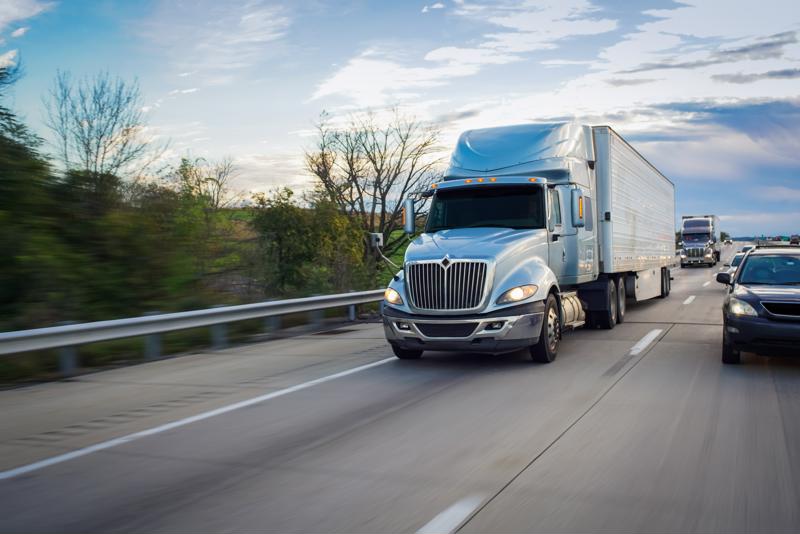

Being able to safely get from Point A to Point B on the nation's highways and byways isn't always easy as many drivers are operating vehicles with components that do not pass modern safety standards. This is a big reason why the Commercial Vehicle Safety Alliance and law enforcement officials in the U.S., Mexico and Canada come together each year to promote brake safety in particular.
In late May, these groups aligned for Brake Safety Day and, as part of the initiative, commercial vehicle inspectors across North America performed impromptu examinations of more than 10,000 vehicles, according to the results, announced in mid-July. Of that number, nearly 90% were within compliance and allowed to continue operation, but close to 1,300 vehicles were pulled off the roads for having brakes that failed inspection. That's roughly 1 in every 8 commercial vehicles overall.

"Inspectors conducted their usual inspections and reported brake-related data to CVSA for Brake Safety Day," said CVSA President John Samis, a sergeant with the Delaware State Police. "Brake hoses and tubing are essential brake system components and must be properly attached, undamaged, without leaks and flexible. We chose to focus on brake hoses/tubing this year in an effort to reduce deaths and injuries as a result of commercial motor vehicle brake-system failures from pressure or vacuum loss due to brake hose/tubing deficiencies."
In announcing these finding, the CVSA further noted that violations related to brake systems were the leading cause of commercial vehicles being pulled out of service during the 2020 International Roadcheck inspection efforts.
A closer look
The vast majority of these inspections — 8,658 — were conducted in the U.S., where 42 different jurisdictions participated, the data showed. Another 946 were carried out in six Canadian jurisdictions, while the Mexico Ministry of Communications and National Guard examined 487 vehicles. The brake-violation out-of-service rate in the U.S. was highest, at 13.3%, just ahead of Canada's 11.4%. Mexico's was far lower, at just 2.9%.
The vast majority of these inauspicious inspections failed because of problems with brake hoses and tubing, which was the specific area of focus for this year's testing. However, some inspectors in the U.S. also used performance-based brake testers and 4% of vehicles examined with such tests were failed.
Are things getting better?
By comparison, the 2020 Brake Safety Week — conducted in late August of last year — saw similar rates of vehicles being pulled out of service for failed brake inspections (12%), according to the CSVA data. In announcing these details, Samis noted that, during COVID-related lockdowns in all three North American countries, there were fewer people on the roads. However, because truck drivers had been designated as "essential personnel," it was critical to ensure these vehicles could get where they were going as safely and easily as possible.
What comes next?
Of course, the CVSA will never be done conducting these kinds of inspection efforts, and indeed, the upcoming Brake Safety Week — set for Aug. 22-28, 2021 — will once again highlight these issues in conjunction with other agencies. Specifically, these inspections will continue focus on brake hoses and tubing, but will also look at other issues, including brake adjustments.
The reason why is simple: Problems with brake systems and adjustments made to them were the reason more than 2 in every 7 vehicles placed out of service during 2020's International Roadcheck event were pulled off the road. Moreover, problems with the brake system were the No. 3 factor cited in an examination of fatal large vehicle crashes conducted by the Federal Motor Carrier Safety Administration, and when broken down by various specific violations, brake problems accounted for eight of the top 20 most common violations last year.
With all this in mind, companies that operate commercial fleets should be diligent about their brake checks and other safety inspections on a regular basis. When they do so, they not only avoid the risk of being tagged for a violation, but also increase their chances of continuing to make all their trips without incident.
Greening Testing Laboratories is a fully certified brake testing lab that provides a variety of brake testing services worldwide. Contact Greening for a complimentary consultation.